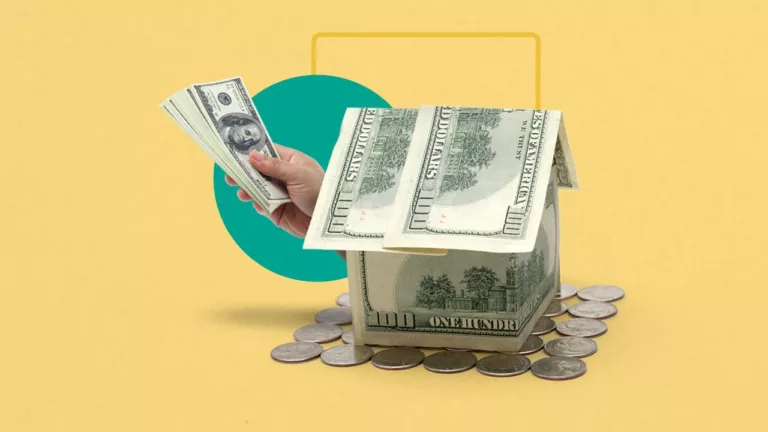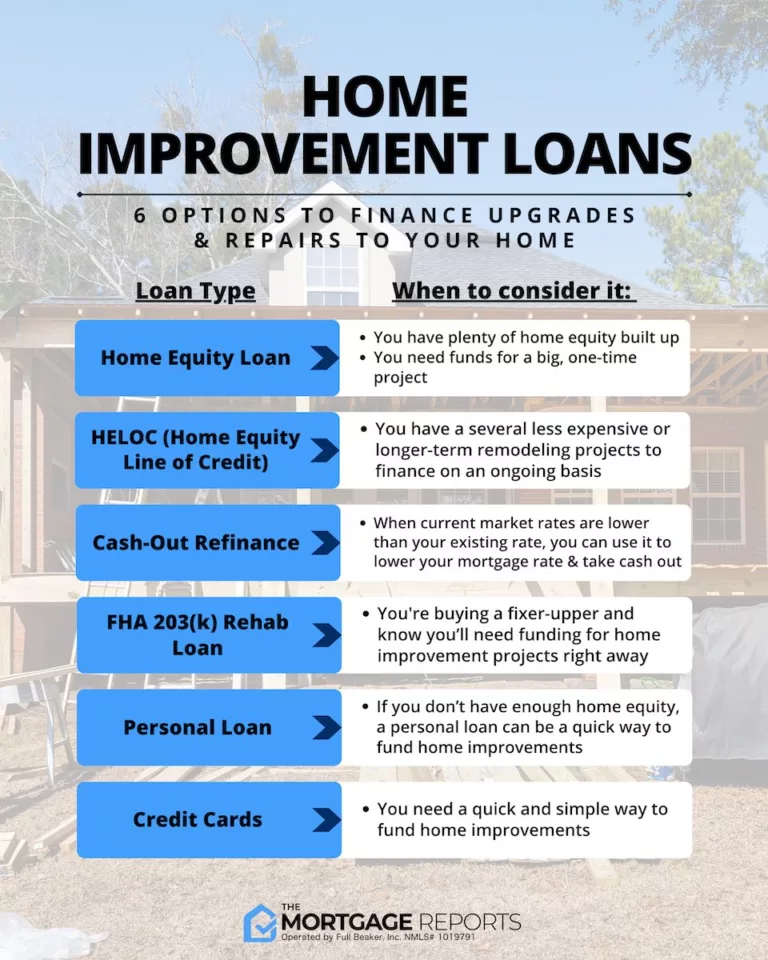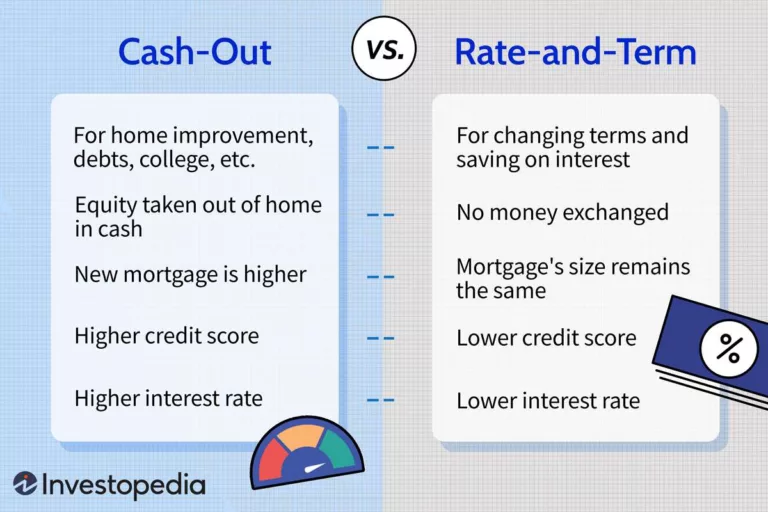Can You Get a Mortgage With Collections? Expert Insights Unveiled!
Yes, you can get a mortgage with collections, but it may impact your eligibility and terms of the loan. Trying to secure a mortgage with collections on your credit report can be challenging.
Lenders consider collections as a red flag, as it indicates that you have outstanding debts that have gone into default. However, it is still possible to qualify for a mortgage with collections. The impact will depend on factors such as the amount of debt, the type of collection, and the lender’s criteria.
Providing a substantial down payment or improving your credit score can improve your chances of getting approved. It is advisable to speak with a mortgage professional to understand your options and find a suitable solution.
The Impact Of Collections On Mortgage Approval
When it comes to getting a mortgage, the impact of collections on mortgage approval cannot be overlooked. Lenders take a close look at your financial history, including any collections that may be on your credit report. Collections can have a negative impact on your mortgage application, as they are a reflection of your ability to manage your debts. In this article, we will explore the credit score requirements, types of collections, and the age of collections, and how they can affect your chances of getting a mortgage.
Credit Score Requirements
Your credit score plays a crucial role in determining your eligibility for a mortgage. Lenders use your credit score to assess your creditworthiness and determine the risk of lending to you. Typically, lenders prefer borrowers with higher credit scores, as it indicates a history of responsible credit management.
Having collections on your credit report can significantly impact your credit score. While the exact impact varies depending on the individual situation, collections can lower your credit score by a significant margin. As a general rule, the higher your credit score, the better chance you have of getting approved for a mortgage. Lenders typically have minimum credit score requirements for mortgage approvals, so it’s essential to keep your credit score as high as possible.
Types Of Collections
When it comes to collections, not all are created equal. Lenders differentiate between medical collections and non-medical collections. Medical collections may be viewed more leniently by lenders, as they consider them to be the result of unforeseen circumstances rather than poor financial management.
Non-medical collections, on the other hand, can be viewed more negatively by lenders. These can include collections related to credit cards, utility bills, or other types of debt. Lenders may interpret non-medical collections as a sign of financial irresponsibility, which can impact your chances of getting approved for a mortgage.
Age Of Collections
In addition to the types of collections, lenders also consider the age of collections when reviewing mortgage applications. Generally, the more recent the collection, the more impact it will have on your mortgage approval chances.
If you have recent collections, it may signal to lenders that you are currently experiencing financial difficulties and may struggle to make mortgage payments. On the other hand, if you have older collections that are nearing the seven-year mark, they may have less impact on your mortgage approval, as they will fall off your credit report after seven years.
It’s important to note that while older collections may have less impact on your mortgage application, they can still be a red flag for lenders. They may indicate a pattern of financial mismanagement and can still negatively affect your overall creditworthiness.
In conclusion, collections can have a significant impact on your ability to get approved for a mortgage. Your credit score, the types of collections, and the age of collections all play a role in determining your mortgage eligibility. It’s crucial to manage your debts responsibly and address any collections on your credit report before applying for a mortgage to maximize your chances of approval.

Credit: www.wolterskluwer.com
Options For Getting A Mortgage With Collections
If you have collections on your credit report, you may be concerned about your ability to get a mortgage. While having collections can make it more challenging to secure a loan, there are still options available to you. In this article, we will explore a few strategies to help you improve your credit standing and increase your chances of getting approved for a mortgage.
Credit Repair And Improving Credit Score
If you have collections on your credit report, the first step towards securing a mortgage is to focus on credit repair and improving your credit score. This involves taking proactive steps to address any outstanding debts, paying your bills on time, and reducing your overall debt-to-income ratio.
To get started, you can:
- Obtain a copy of your credit report from the three major credit bureaus.
- Review your report for any errors or discrepancies that may be negatively impacting your score.
- Dispute any inaccuracies with the credit bureaus and provide supporting documentation if necessary.
- Create a plan to pay off your collections. Consider negotiating payment arrangements or settling the debt for less than the full balance.
- Establish a track record of responsible financial behavior by making regular, on-time payments.
Negotiating With Collection Agencies
If you are unable to pay off your collections in full, you may want to consider negotiating with the collection agencies. Sometimes, they are willing to accept a reduced settlement amount or offer a payment plan that fits your budget. When negotiating, be sure to:
- Communicate with the collection agency in writing, keeping a record of all correspondence.
- Offer a lump sum payment or propose a manageable payment plan.
- Request a “pay for delete” agreement, where the collection agency agrees to remove the account from your credit report once payment is made.
- Get any agreements in writing before making any payments.
Fha And Va Loan Programs
If you are having difficulty qualifying for a traditional mortgage due to collections, you may still be eligible for an FHA or VA loan. These loan programs are backed by the government and have more lenient credit requirements.
With an FHA loan:
- Collections totaling less than $2,000 may not need to be paid off.
- You may qualify with a credit score as low as 580.
- You can make a down payment as low as 3.5%.
If you are a veteran or active-duty military personnel, you can explore VA loan options, which often allow for higher debt-to-income ratios and have more flexible credit requirements.
While it may be more challenging to secure a mortgage with collections, it is not impossible. By focusing on credit repair, negotiating with collection agencies, and exploring alternative loan programs, you can increase your chances of getting approved for a mortgage and achieve your homeownership dreams.
Important Considerations And Strategies
When it comes to applying for a mortgage, having collections on your credit report can be a cause for concern. However, with the right strategies and considerations, it is still possible to secure a mortgage even with collections. In this article, we will delve into the importance of documenting your payment history, the effect of collections on interest rates, and the advantages of working with a mortgage broker.
Documentation Of Payment History
One of the critical factors that lenders consider when assessing your mortgage application with collections is your payment history. Being able to document a consistent track record of on-time payments can help offset the negative impact of collections on your credit report.
Here are some essential points to focus on for documenting your payment history:
- Collect and organize all relevant documentation, such as canceled checks or bank statements, to prove your responsible payment behavior.
- Highlight any extenuating circumstances that led to the collections, such as a medical emergency or temporary job loss, as this can provide context to lenders.
- Consider writing a letter of explanation to accompany your mortgage application, outlining the steps you have taken to rectify the collections and demonstrating your commitment to improving your financial situation.
The Effect Of Collections On Interest Rates
Having collections on your credit report can impact your interest rates for a mortgage. Lenders view collections as a risk factor, indicating potential financial instability. As a result, they may offer higher interest rates to mitigate this perceived risk.
It is important to be aware of this potential consequence and consider the following strategies:
- Taking steps to improve your credit score by paying off or settling collections can help minimize the impact on your interest rate.
- Having a larger down payment can demonstrate financial stability and reduce lenders’ apprehension, potentially leading to lower interest rates.
- Working with a mortgage broker who has experience in helping individuals with collections can be advantageous. They can negotiate on your behalf and find lenders who may be more accommodating to your situation.
Working With A Mortgage Broker
When navigating the mortgage application process with collections, enlisting the services of a mortgage broker can make a significant difference. A mortgage broker acts as an intermediary between you and lenders, helping you find the best mortgage options despite having collections.
Here are a few reasons why working with a mortgage broker can be beneficial:
- Mortgage brokers have access to a wide network of lenders, including ones that specialize in working with individuals with collections.
- They can provide personalized guidance and assistance throughout the application process, helping you present your financial situation in the most favorable light.
- A mortgage broker can negotiate with lenders on your behalf to secure the most favorable interest rates and terms.
In conclusion, while having collections on your credit report can present challenges when applying for a mortgage, there are important considerations and strategies that can increase your chances of approval. By documenting your payment history, understanding the impact of collections on interest rates, and working with a mortgage broker, you can navigate this process with confidence.

Credit: www.svb.com
Steps To Take Before Applying For A Mortgage
Before applying for a mortgage, it’s important to take several steps to ensure you are in the best financial position possible. By reviewing your credit reports, paying off or settling collections, and creating a debt repayment plan, you can improve your chances of getting approved for a mortgage. Let’s take a closer look at each of these steps.
Reviewing Credit Reports
Reviewing your credit reports is an essential first step when preparing to apply for a mortgage. Your credit reports provide a detailed history of your credit accounts, including any collections or delinquent accounts.
When reviewing your credit reports, pay attention to any discrepancies or errors that may be negatively affecting your credit score. Dispute any inaccuracies with the credit reporting agencies to have them corrected or removed from your reports. Keep in mind that a higher credit score can improve your chances of securing a mortgage with favorable terms.
Paying Off Or Settling Collections
If you have collections or delinquent accounts on your credit reports, it’s crucial to address them before applying for a mortgage. Lenders generally view collections as a negative indicator of your financial responsibility, making it harder to get approved for a mortgage.
Consider paying off or settling any outstanding collections. This shows lenders that you are actively taking steps to resolve your debts and improve your creditworthiness. Settling collections may involve negotiating with the collection agency for a reduced payment amount, which can help lessen the financial burden while still satisfying the debt.
Creating A Debt Repayment Plan
In addition to addressing any collections, it’s important to establish a debt repayment plan. This plan will help you manage your outstanding debts more effectively and demonstrate to lenders that you are committed to responsible financial management.
Start by prioritizing your debts based on interest rates or outstanding balances. Allocate a portion of your income each month to pay down these debts systematically. This disciplined approach not only reduces your debt load but also improves your credit score over time.
Consider seeking guidance from a financial advisor or credit counselor who can provide personalized recommendations and assistance with creating a debt repayment plan tailored to your specific situation.
Alternative Mortgage Options For Those With Collections
If you have collections on your credit report, it can make getting a traditional mortgage challenging. However, there are alternative options available for individuals in this situation. In this post, we will explore three alternative mortgage options that could help you secure financing even with collections on your credit report.
Rent-to-own Programs
Rent-to-own programs provide a unique opportunity for individuals with collections to work towards homeownership. With this option, individuals can rent a property with the option to purchase it at a later date. This allows them to build equity and establish a positive payment history, potentially improving their creditworthiness.
Benefits of rent-to-own programs include:
- Flexible credit requirements: Rent-to-own programs often have less stringent credit requirements compared to traditional lenders, making it easier for individuals with collections to qualify.
- Ability to improve credit: Through regular rent payments, individuals have the opportunity to improve their credit scores, making it easier to secure a mortgage in the future.
- Options for building equity: Rent payments may include a portion that goes towards building equity, helping individuals save towards a down payment.
Private Lenders
Private lenders are another alternative for individuals with collections who are seeking a mortgage. These lenders are not bound by the same strict guidelines as traditional banks, allowing them to provide financing options to those with less-than-perfect credit.
Here are some key advantages of private lenders:
- Flexibility in loan terms: Private lenders can often offer more flexible loan terms, such as longer repayment periods or adjustable interest rates, accommodating the unique needs of borrowers.
- Faster approval process: Private lenders typically have a quicker approval process compared to traditional lenders, allowing borrowers to access the financing they need more efficiently.
- Personalized approach: Private lenders often take a more individualized approach, considering factors beyond credit history when evaluating loan applications.
Non-traditional Mortgage Products
Non-traditional mortgage products are designed to cater to borrowers who may not meet the strict requirements of traditional lenders. These products offer alternatives to conventional mortgages, providing opportunities for those with collections to finance a home purchase.
Consider these non-traditional mortgage options:
- FHA loans: Backed by the Federal Housing Administration, FHA loans often have more lenient credit requirements and lower down payment options.
- USDA loans: Offered by the United States Department of Agriculture, USDA loans provide financing for individuals in rural areas and typically have flexible credit guidelines.
- VA loans: Available for veterans and active-duty military personnel, VA loans offer favorable terms and more relaxed credit requirements.
These non-traditional mortgage products present viable options for individuals with collections to consider when seeking financing for a home purchase.

Credit: www.facebook.com
Frequently Asked Questions For Can You Get A Mortgage With Collections
Do Collections Affect Getting A Mortgage?
Having collections can affect your chances of getting a mortgage. Lenders consider them as negative marks on your credit history, which can lower your credit score. A lower score means it’s harder to obtain a mortgage or may require a higher interest rate.
Does Fha Require Collections To Be Paid Off?
No, FHA does not require collections to be paid off. However, lenders might have their own requirements regarding collections. It’s best to check with your lender for specific guidelines.
Will Debt Stop Me Getting A Mortgage?
Debt may affect your mortgage approval, but it won’t always stop you. Lenders consider your debt-to-income ratio, credit score, and payment history. Lower debt and higher income increase your chances of getting a mortgage. Improve your financial situation before applying to enhance your approval prospects.
What Is The Lowest Credit Score To Buy A House?
The lowest credit score needed to buy a house typically varies based on the lender and loan program. However, most lenders prefer a minimum credit score of 620 to approve a mortgage loan application.
Conclusion
Having collections on your credit report can make it more challenging to secure a mortgage. However, it’s not impossible. By taking proactive steps to address and resolve your collections, such as paying them off or negotiating with creditors, you can improve your chances of qualifying for a mortgage.
Working with a knowledgeable mortgage advisor can also be instrumental in guiding you through the process and exploring alternative options. Remember, each lender has different criteria, so it’s crucial to research and compare your options before making a decision. Ultimately, with determination and smart financial choices, you can work towards achieving your homeownership dreams despite having collections.



